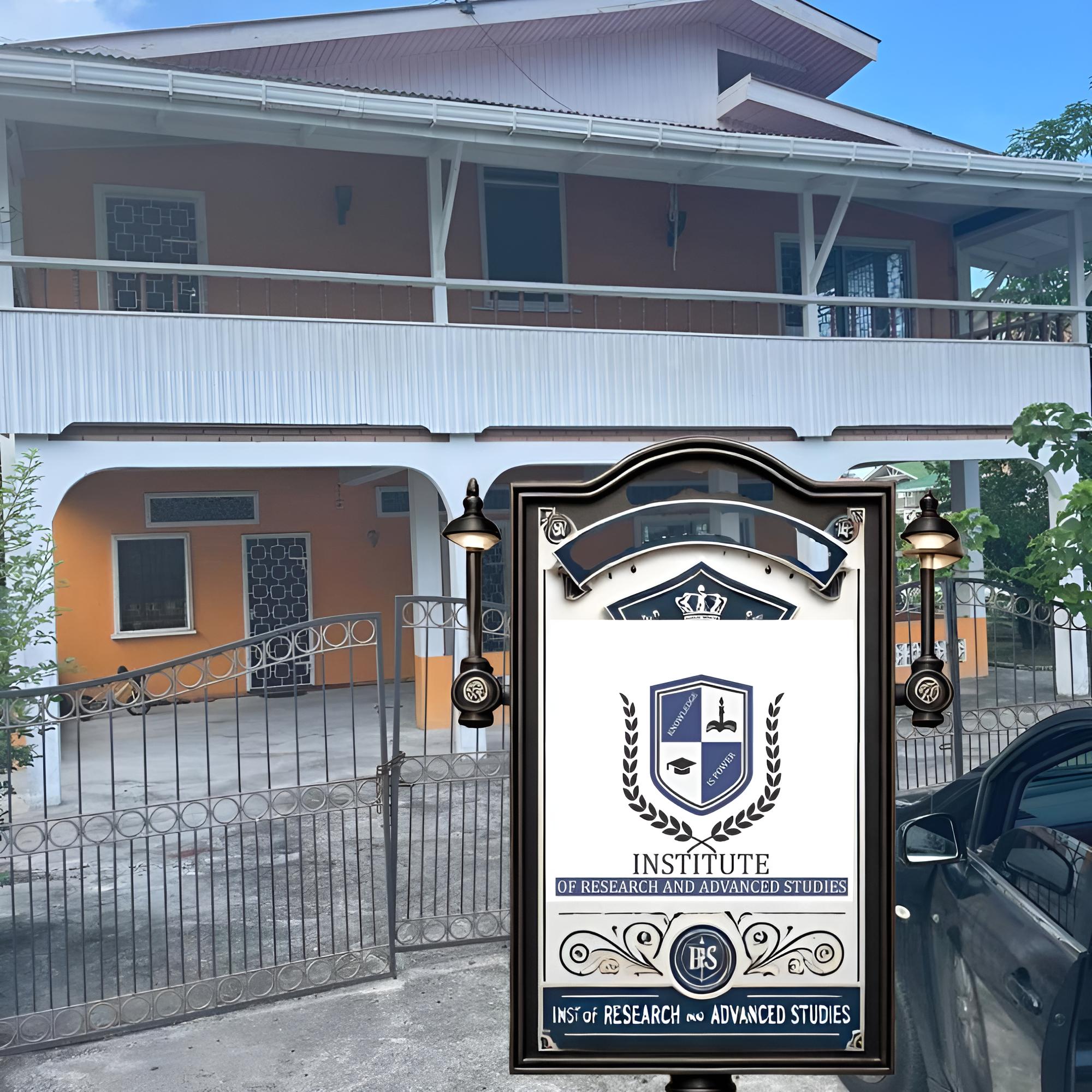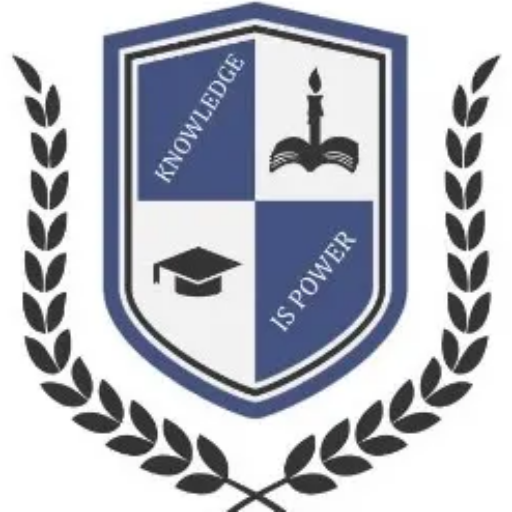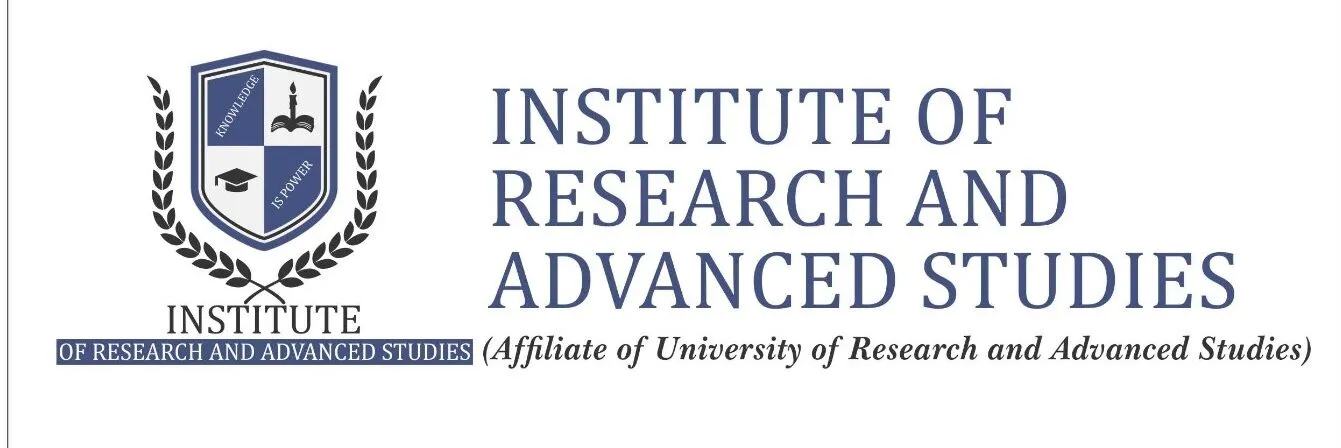Bachelor degree in Operations Management
Specialize in a field of your choice to build expertise in managing and optimizing operations globally.
Bachelor degree in Operations Management offers flexibility and a broad spectrum of disciplines to help you excel in the management of operations across industries. Choose your specialization and pave the way for a successful career.
Business Management
Master the art of running businesses efficiently and achieving strategic goals.
Industrial Management
Optimize industrial operations and improve production efficiency.
International Marketing
Develop strategies for global market penetration and growth.
International Finance Management
Manage finances and investments across international markets.
International Personnel Management
Lead and manage teams in diverse international environments.
International Shipping Management
Navigate the complexities of global shipping and logistics.
International Project Management
Execute and manage projects on a global scale.
International Hotel Management
Excel in managing hospitality operations worldwide.
International Customer Care
Enhance customer satisfaction and engagement globally.
Farm Management
Improve farm operations and agricultural productivity.
Health and Safety Management
Ensure safety and compliance in organizational environments.
Education Management
Lead and manage educational institutions effectively.
IT Management
Drive innovation and efficiency in IT operations.
Fish Farming Management
Boost sustainable aquaculture practices and operations.
Transport Management
Streamline transportation networks and logistics.


